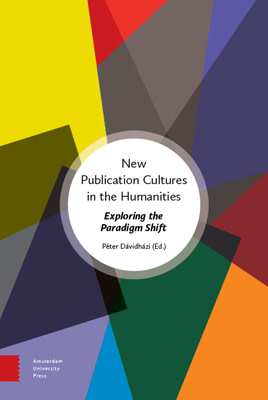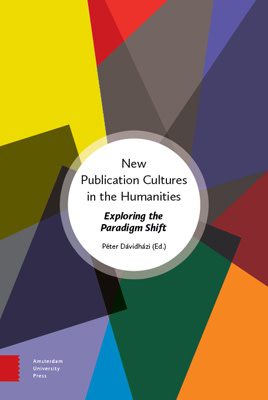The digital enterprise: views philosophical, historical and personal
Jacques Dubucs, Digital Humanities: Foundations
Gudrun Gersmann, Looking forward, not back: Some ideas on the future of electronic publications
Claudine Moulin and Julianne Nyhan, The dynamics of digital publications: An Exploration of Digital Lexicography
Luca Codignola, Too Much of a Good Thing? Or, A Historian Swamped by the Web
The changing rationale of editing in electronic publication
Gábor Kecskeméti, Electronic textual criticism: A challenge to the editor and to the publisher
Andrea Bozzi, Computer-assisted Scholarly Editing of Manuscript Sources
Bernhard Palme, Electronic Media and Changing Methods in Classics
Cutting edge: new means of access, evaluation and funding
Janneke Adema and Eelco Ferwerda, Publication Practices in Motion: The Benefits of Open Access Publishing for the Humanities
Milena Zic-Fuchs, The Future of Publications in the Humanities: Possible Impacts of Research Assessment
Ferenc Kiefer, ERIH's role in the evaluation of research achievements in the Humanities
Vera Szöllösi-Brenig, Performing Excellence in the Humanities - the Funding Initiative 'opus magnum' of the VolkswagenStiftung

